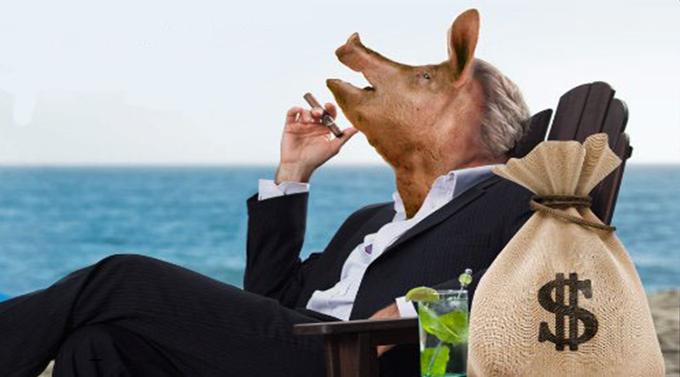Can Philosophy Stop Bankers From Stealing?
Does the question of morality have a place in the realm of banking and regulation? That it feels awkward to even raise the issue is convenient for bankers who engage in reckless and harmful activities every day without fear of punishment.
Ed Kane, Professor of Finance at Boston College, believes it’s vital to discuss moral questions, in plain English, without abstractions. Following his own advice, he is blunt in characterizing some of the behavior in the banking industry in recent years: “Theft is a forced taking of other people’s resources,” he says. ‘That’s what’s going on here.” Kane urges a deep inquiry into our culture to understand why bankers so commonly get away with crimes in the United States.
In 2007, just before the housing bubble burst, Goldman Sachs chief Lloyd Blankfein wrote to a colleague to discuss how the bank could deal with toxic mortgages — ” cats and dogs” as he called them — on the books. Blankfein’s bank went on to sell the toxic junk to unwitting investors who were told they were sound, while taking short positions on the very same securities. As the Financial Crisis Inquiry Report noted, one structured finance expert compared Goldman’s practices to “buying fire insurance on someone’s house and then committing arson.”
Still, Blankfein and his fellow bankers later pocketed billions of dollars from the American people in the form of a bailout. They profited at the expense of their clients and society. Nobody went to jail.
Rest here…
~


Well, that or an M-16.